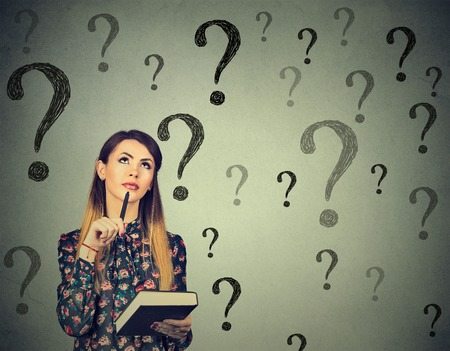Mallory King - July 17, 2017 - Copyright Law, What Is Copyright Infringement

Copyright Infringement Definition: Copyright infringement occurs when a copyrighted work owned by someone else is copied, reproduced or mimicked, distributed, performed, publicly displayed, or made into a derivative work without the express or implied permission of the copyright owner, thereby infringing certain exclusive rights granted to the copyright holder. Infringement can be willful or accidental. The infringer owes at a minimum a reasonable royalty to the copyright holder.
Enrico Schaefer, Copyright & Litigation Attorney.
“Strict Liability” is a term used to describe legal liability in which a Plaintiff does not have to prove a Defendant’s fault, but simply show that their rights were infringed. Copyright infringement is strict liability, which means you remain liable for copyright infringement even though you did not intend or realize you were infringing a copyright.
One of the most common “honest mistakes” involves cutting and pasting someone’s photos on the internet onto your own website or otherwise use the photos for your own promotional purposes. It’s easy to do and there is a lot of misinformation on the internet about permissible use of someone’s photograph without permission. Even in situations where a business owner contracts a third-party web designer to build their website, both the business and the web designer can be held liable for copyrights violated if they are used on your website. If use of a copyrighted photo is related to commercial purposes, it is almost certain you have infringed. There are uses of copyrighted material called “fair use”, such as use for an educational purpose, which would not subject you to copyright infringement. However, even if you have a good faith, honest belief you are not infringing, if you are found to have infringed you will be liable to pay damages to the owner of the copyright regardless of your intent or belief.
Copyright infringement can be expensive. Under federal copyright law, statutory damages can be up to $150,000 per infringement, plus attorney’s fees and court costs. It is wise to err on the side of caution to ensure you are not violating a copyright in order to avoid infringement because ignorance is not an excuse for copyright infringement. If you have any questions regarding copyright infringement, do not hesitate to contact one of Traverse Legal’s experienced copyright attorneys.
Am I Infringing a Copyright? The four factors which attorneys and courts consider in determining if the use of a work is infringing include: 1. the purpose and character of your use. 2. the nature of the copyrighted work. 3. the amount and substantiality of the portion taken. 4. the effect of the use upon the potential market.
Enrico Schaefer, Litigation Attorney Specializing in Copyright Infringement.